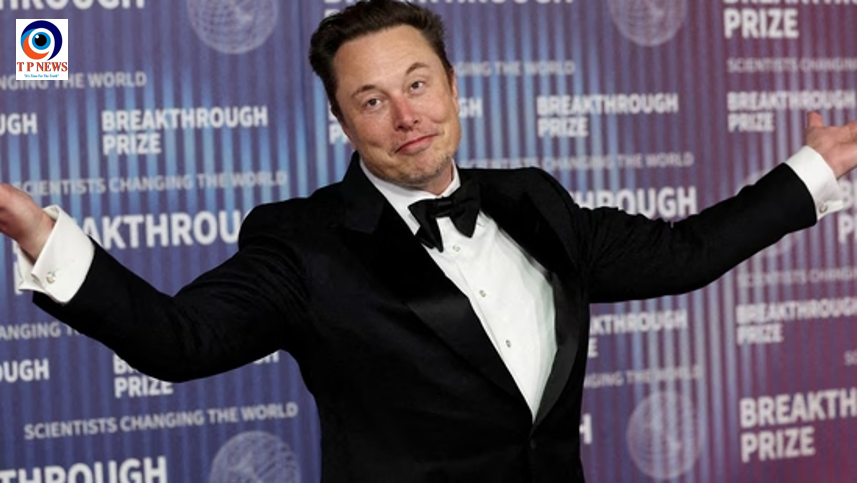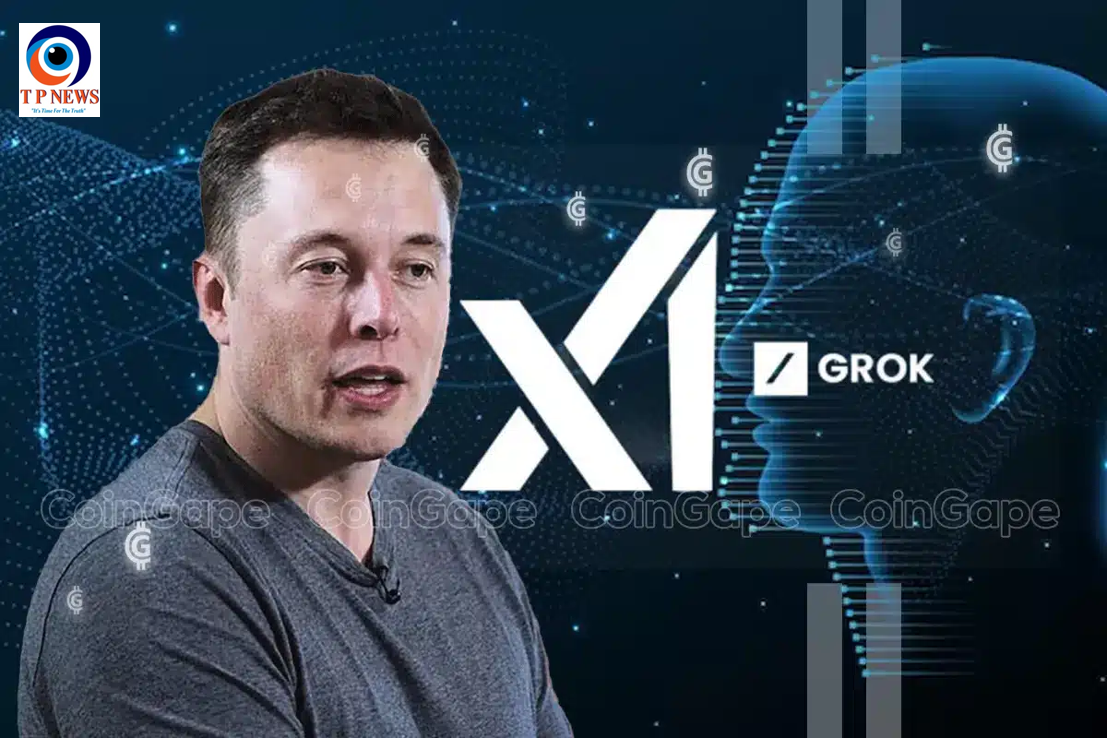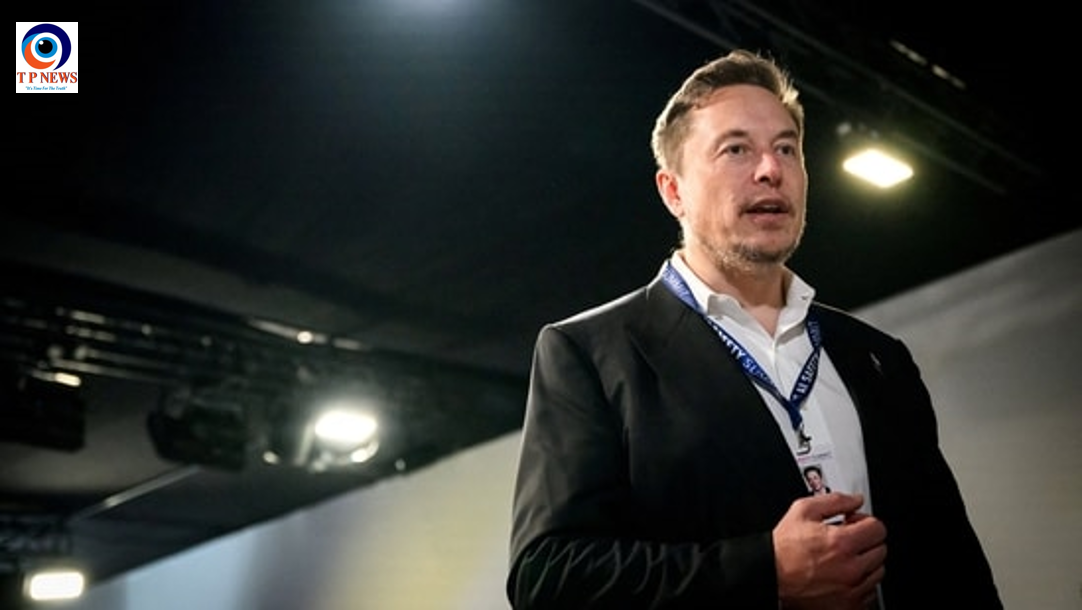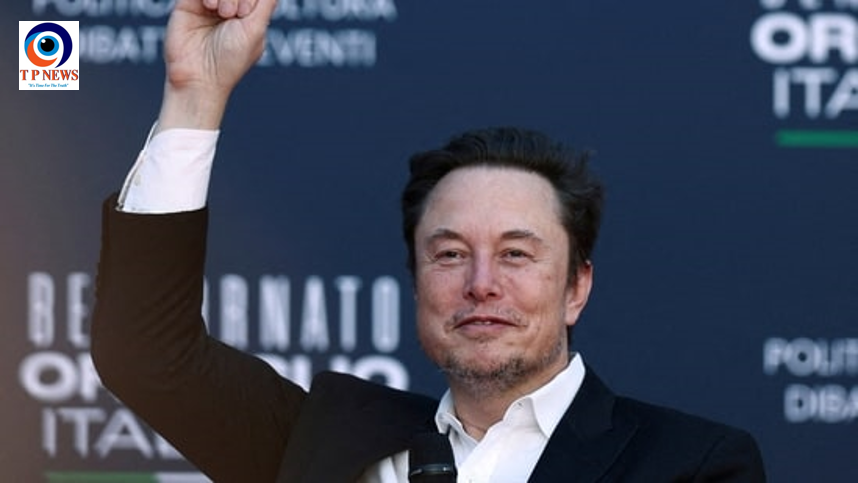Elon Musk has announced the launch of Project Colossus, a monumental supercomputer based in Memphis, designed to train xAI’s latest artificial intelligence, Grok. Musk revealed that the data center, which he refers to as a “gigafactory of compute,” is now operational, housing an impressive array of 100,000 Nvidia H100 chips.
The primary purpose of this state-of-the-art facility is to develop Grok, an AI model poised to compete directly with OpenAI’s ChatGPT. This ambitious project underscores Musk’s continued commitment to pushing the boundaries of AI technology.
However, the project has not been without its challenges. Local officials have raised concerns about the impact on Memphis’s infrastructure. Project Colossus requires 50 megawatts of electricity—enough to power about 50,000 homes—and 1.3 million gallons of water daily for cooling. Despite assurances from Musk about infrastructure improvements, some city council members are wary, given Musk’s history with similar promises.
As Project Colossus powers up, the tech world eagerly watches to see how Grok will perform against established AI giants, setting the stage for the next big leap in artificial intelligence.












